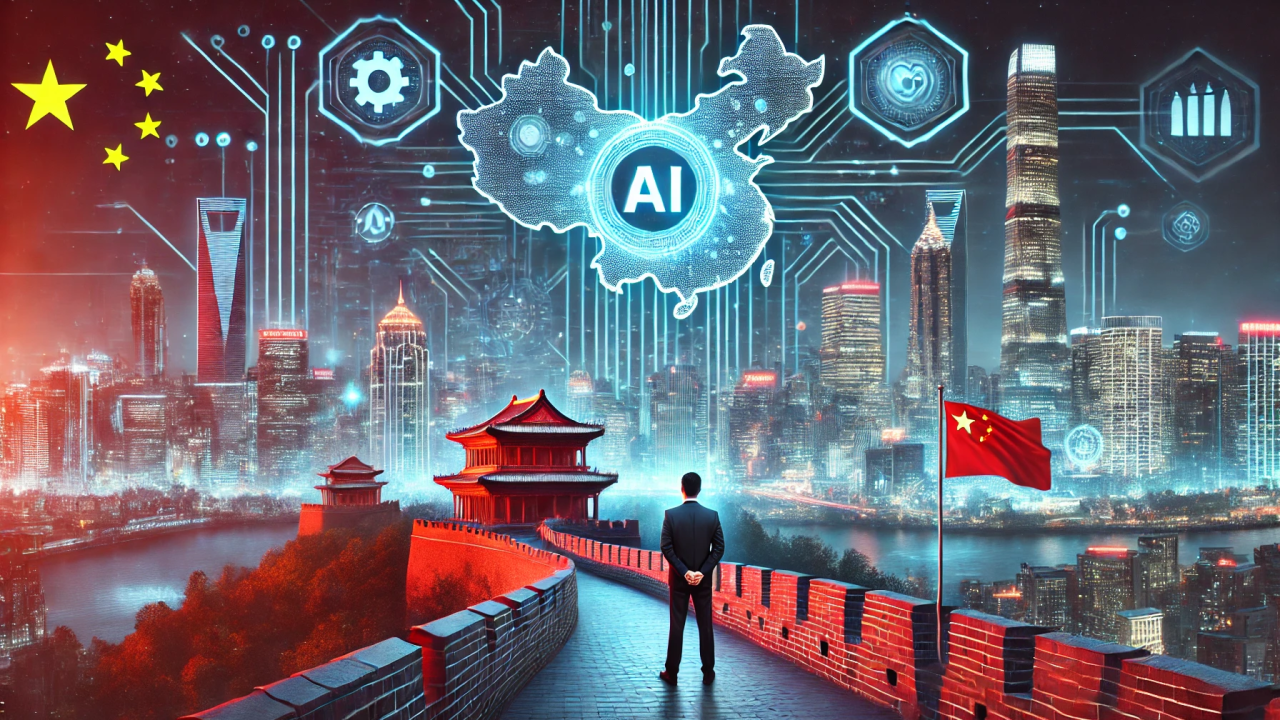
Ghulam Ali, PhD, Monash University, Australia
Oct 28, 2025
Advanced technologies, especially artificial intelligence (AI), semiconductors, and quantum computing, have emerged at the heart of most nations’ national strategic planning. China also developed national plans for technological breakthroughs. However, unlike most other countries, China’s current plans are heavily influenced by unprecedented US export curbs on acquiring technology. These steep and targeted export curbs are intended to prevent China from acquiring high technologies to maintain the US monopoly. They started during the first term of US President Donald Trump (2017-2021), continued during the Biden administration, and intensified since Trump’s second term.
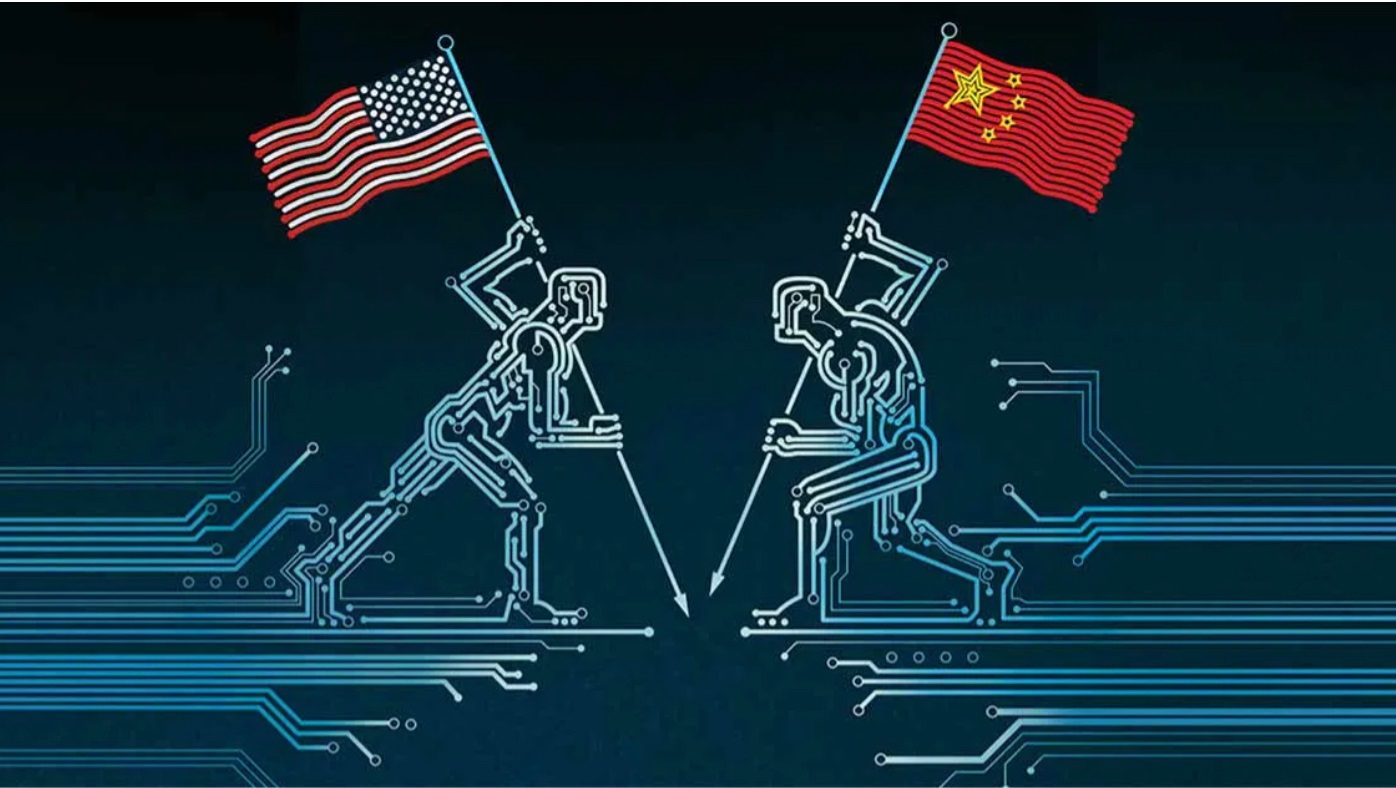
Christopher A. McNally, Professor of Political Economy, Chaminade University
Sep 19, 2025
The U.S. and China are locked in a new “Battle for the Commanding Heights,” centered not on ideology but on control of critical technologies such as chips, AI, and robotics. While the United States retains major advantages, China’s hybrid model of state guidance and private entrepreneurship gives it powerful momentum, and America risks losing its edge if it underinvests or misreads the competition.
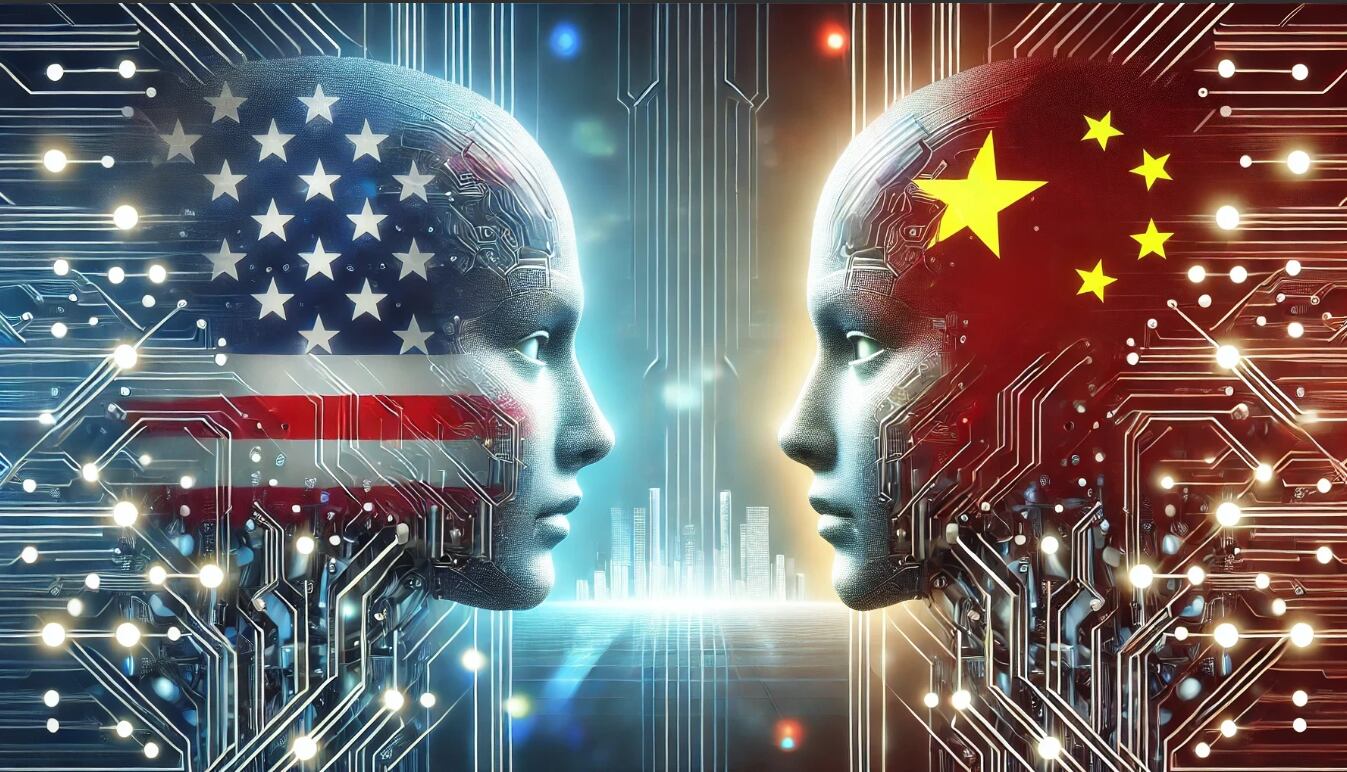
Xiao Qian, Deputy Director, Center for International Security and Strategy at Tsinghua University
Sep 09, 2025
America’s AI Action Plan reveals the close ideological alignment of the Trump administration with the “tech right,” such as permissionless innovation, anti-woke AI and pro-capital innovation culture.
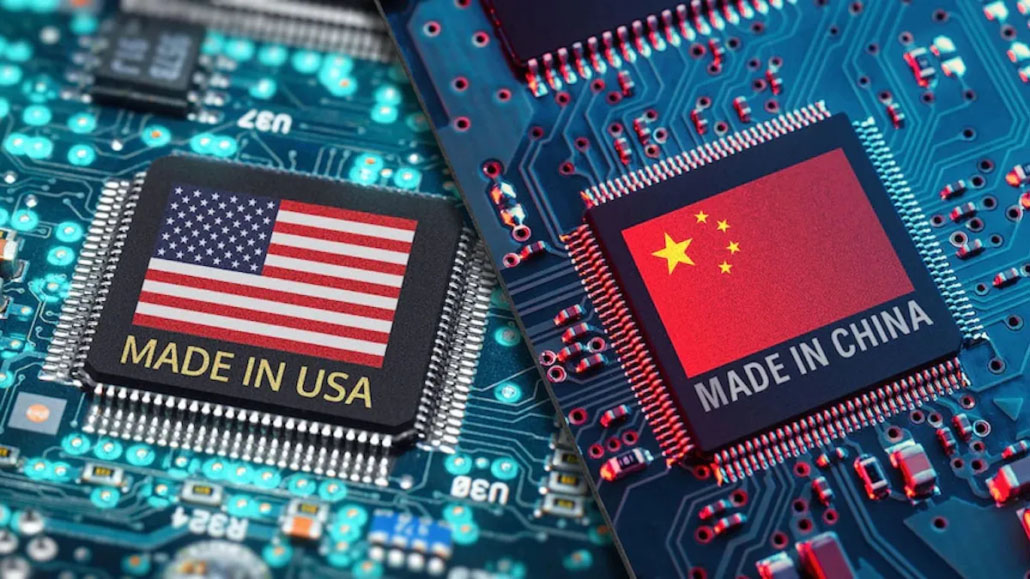
Eric Harwit, Professor, University of Hawaii Asian Studies Program
Aug 15, 2025
China’s industrial policy, including its “Delete America” initiative and major state investments, has secured dominance in legacy chips and reduced reliance on U.S. technology. While still dependent on American AI chips, Chinese firms like Huawei are quickly developing competitive alternatives, threatening U.S. chipmakers.

Wang Dong, Professor and Executive Director, Institute for Global Cooperation and Understanding, Peking University
Zhang Xueyu, Research Assistant, Institute for Global Cooperation and Understanding at Peking University
Aug 07, 2025
The country is steering artificial intelligence toward a more balanced, secure and inclusive development path. In doing so, it is contributing to a global development trajectory that is more intelligent, equitable and sustainable.

Han Liqun, Researcher, China Institutes of Contemporary International Relations
Aug 01, 2025
In the high-tech center of the world, technology and capital are moving from merely lobbying Washington to reshaping it, a trend that poses ongoing challenges to the structure of political power in the United States.
Stephen Roach, Senior Fellow, Yale University
Jul 28, 2025
While no one has waved an official checkered flag in the Sino-American race for AI supremacy, the markets are betting that the United States will prevail. The chipmaker Nvidia recently became the world’s first $4 trillion company (and its CEO, Jensen Huang, has acquired global rock-star status). Microsoft, the biggest investor in OpenAI’s for-profit entity, is not far behind, with a valuation of $3.7 trillion.
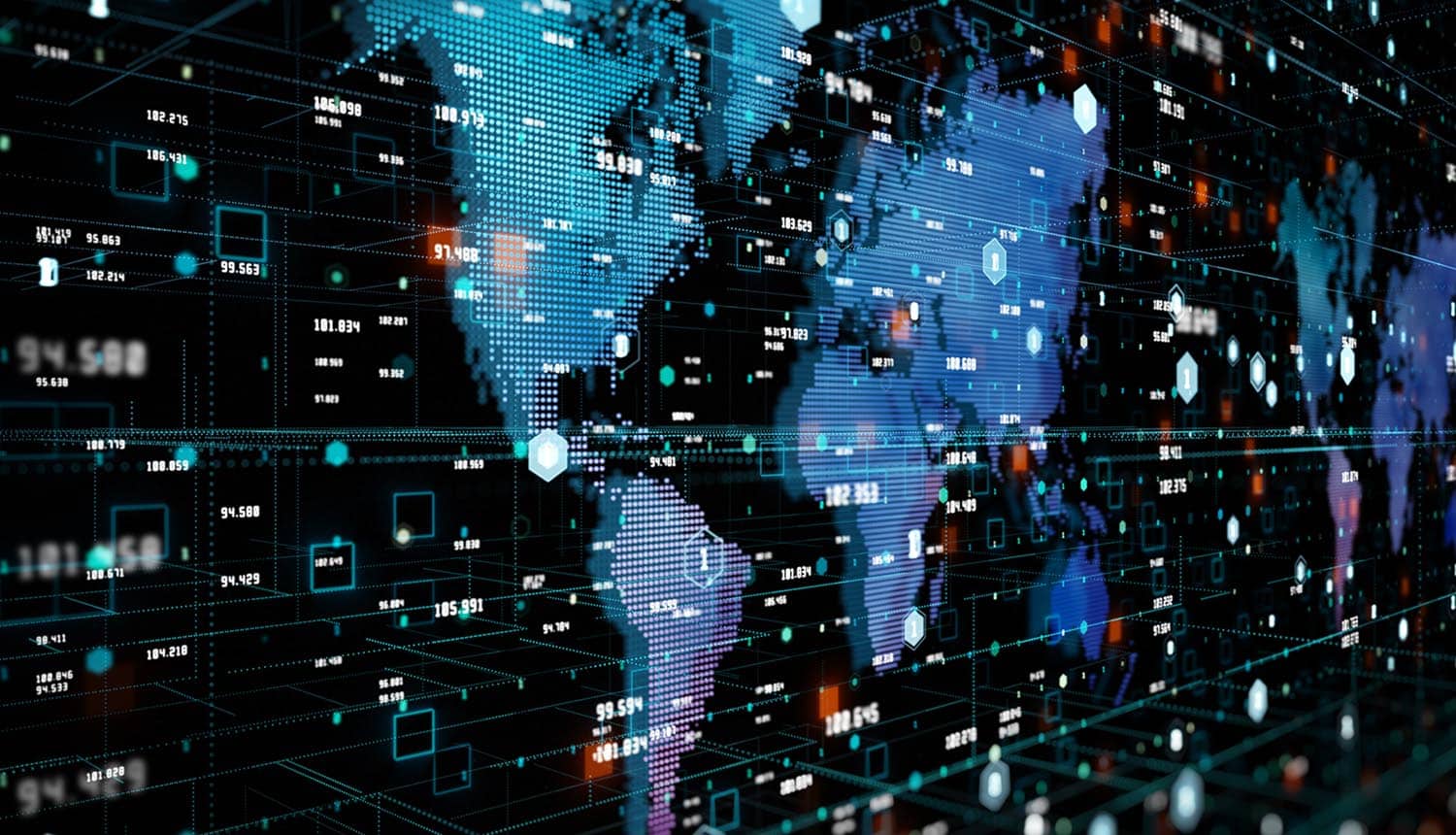
Zhang Monan, Deputy Director of Institute of American and European Studies, CCIEE
Jul 09, 2025
By equating artificial intelligence data flows with national security risks, the United States has effectively designated China as a presumptive problem. This has not only soured the atmosphere for bilateral AI cooperation but also promises to cast a long shadow over global AI collaboration.
Ghulam Ali, PhD, Monash University, Australia
Jun 17, 2025
U.S. restrictions aimed at obstructing China’s technological development have, in practice, accelerated China’s pursuit of technological self-reliance.
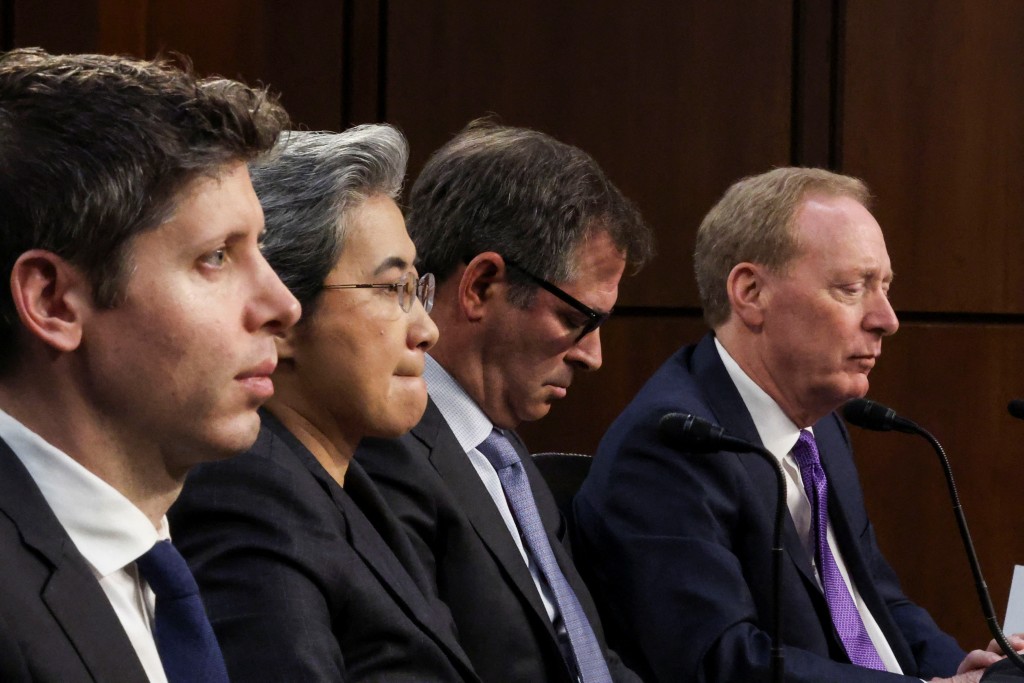
Li Yan,, Director of Institute of Sci-Tech and Cyber Security Studies, China Institutes of Contemporary International Relations
Fan Xiaoying, Research Fellow at Institute of Sci-Tech and Cyber Security Studies, China Institutes of Contemporary International Relations
Jun 03, 2025
China-U.S. competition in the realm of artificial intelligence boils down to development ability. The advantages of the United States are no longer secure. What matters is who will lead sustainably in the future.
Back to Top

- China-US Focus builds trust and understanding between the U.S. and China through open dialogue among thought leaders.
- Our Offerings
- Topics
- Videos
- Podcasts
- Columnists
- Research Reports
- Focus Digest
- Stay Connected
-
Thanks for signing up!
- Get the latest stories from China-US Focus weekly.